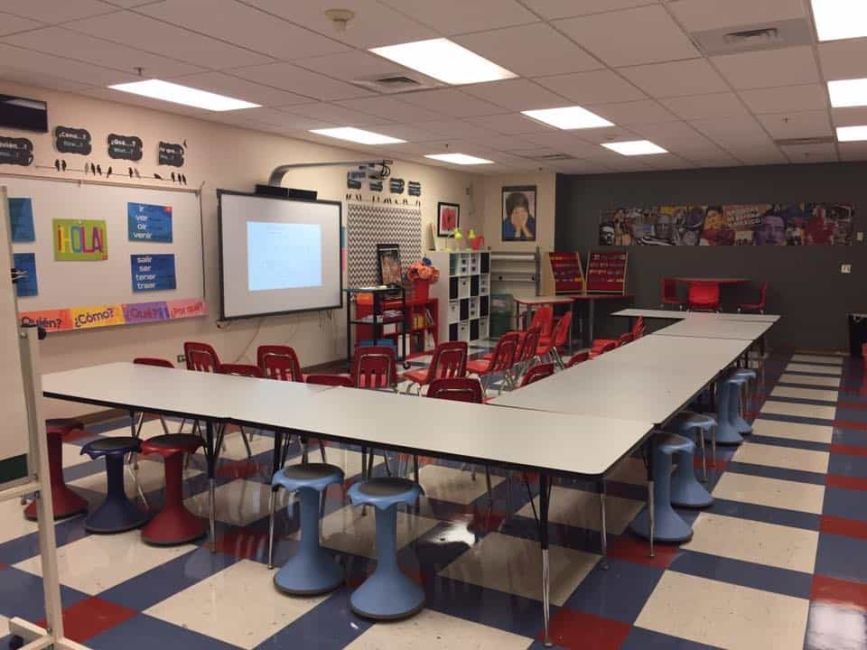Challenges of Being a Language Assistant in Madrid, Spain
A job where I help someone teach English, my native language? That’s a piece of cake.
When I moved to Spain to be a language assistant, I thought the job would be a walk in the park. Afterall, English is my first language. Not only would I be able to teach students about verb tenses and vocabulary, but I could also teach them all the cool American slang words that we use, and bring some of my culture into the classroom.
Little did I know that the job would be slightly more complex than I had originally thought.
In class, when a student would use ‘go’ in the past tense as ‘goed,’ I was able to tell them that it’s actually ‘went,’ but when they asked me why, I wasn’t sure. I can speak English fluently, but if they ask me the reasoning behind a grammatical error, I’m toast.
Being a language assistant turned out to involve more grammar than I thought it would. I often find myself explaining the minutiae of grammar rules, like the present tense versus the present continuous, or when to use a preposition.
When I tried to explain some of these things, it surprised me how difficult it was. I know what a preposition is, and my students do as well, but explaining how to use them, specifically in the English language, was challenging.
Being a licensed English teacher, I even took grammar classes in college that went over these exact things. But teaching what a verb is, is different from teaching someone who already knows what a verb is, but not how they operate in a different language. They’re two very different skills.
Over the past three months, I’ve learned that studying a second language is a much different experience than growing up speaking that language. I don’t know nearly as much English grammar as my students or co-teachers do.
This blog post is not meant to scare you away from becoming a language assistant; I don’t regret my decision at all. The job is more complex than I had thought, but it is challenging me in ways that are making me a better teacher for my future students. I’ll finally be able to answer the incessant questions kids don’t stop asking: ‘Why?’
Related Posts

How to Get a Spanish Library Card in Madrid (From an Aux Who Has One)
Looking to read more books in Spanish to improve your fluency? Check out this post for an explanation on how to get a Spanish library card in Madrid as an aux.

A Weekend Guide to Riga, Latvia
After living in Latvia for a few months when I studied abroad, I've become something of a Latvia devotee. It's been three years since I moved away and still won't shut up about how good of a time I had there, so this is me just trying to share the wealth.

Coping With Being Abroad During Big Events And Holidays
Being abroad for an extended period can be emotionally challenging, especially when distance creates guilt around missing major moments back home. This post explores practical and emotional ways to stay connected with loved ones, from managing time zone differences to sharing traditions abroad. Through journaling and reflection, this experience, both the highs and lows, can become a meaningful chapter rather than something to simply endure.

